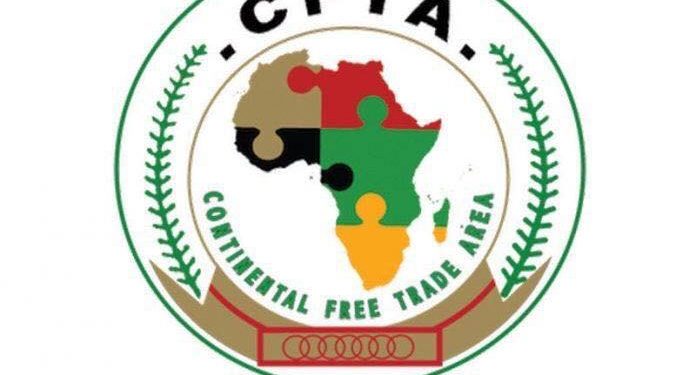Nigeria’s intra-African trade has experienced a decline in the first quarter of 2023 (Q1’23), signaling a setback for the country’s trade ambitions despite the implementation of the African Continental Free Trade Area (AfCFTA). The trade value dropped by 11.95 percent year-on-year to N842.6 billion, compared to N956.93 billion in Q1’22.
The AfCFTA, which aims to facilitate the free flow of goods and services across African borders and enhance the continent’s position in the global market, was projected by the International Monetary Fund (IMF) to boost regional trade by 52.3 percent by 2025. However, more than three years after its launch, Nigeria’s trade value with other African countries remains relatively low in relation to its total foreign trade.
According to the National Bureau of Statistics (NBS) report on Foreign Trade in Goods Statistics for Q1’23, Nigeria’s intra-African trade accounted for just 6.99 percent of its total foreign trade, which amounted to N12.047 trillion in Q1’23. This represents a decrease from the 7.4 percent contribution observed in Q1’22, when Nigeria’s total foreign trade stood at N13.001 trillion.
Furthermore, on a quarter-on-quarter basis, Nigeria’s trade value with other African countries declined by 24.87 percent, falling from N1.122 trillion in Q4’22 to N842.6 billion in Q1’23.
The decline in Nigeria’s intra-African trade raises concerns about the country’s ability to harness the benefits of the AfCFTA. While the trade agreement was expected to stimulate economic growth and promote regional integration, the latest figures indicate that Nigeria has yet to fully capitalize on the potential opportunities.
Experts suggest that various factors may be contributing to Nigeria’s underperformance in intra-African trade, including infrastructural challenges, regulatory barriers, and insufficient diversification of the economy. Addressing these issues and enhancing trade facilitation measures will be crucial for Nigeria to unlock the full potential of the AfCFTA and foster stronger trade relations with other African nations.
As the implementation of the AfCFTA continues, it is essential for Nigeria to develop effective strategies to boost intra-African trade, including improving logistics and transportation networks, simplifying trade procedures, and supporting the growth of key sectors with competitive advantages. Such measures could help Nigeria maximize its participation in the AfCFTA and drive economic development within the country and the African continent as a whole.















